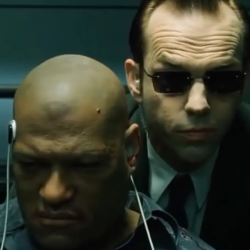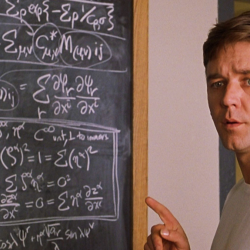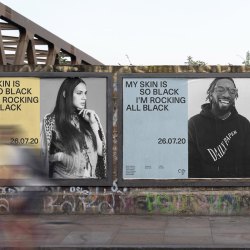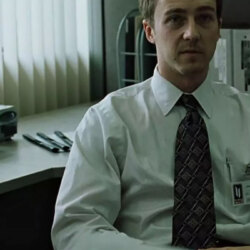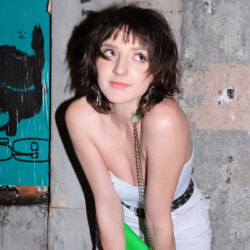The pandemic prompted many of us to stop and reflect. On our personal lives, our professions, the ways these ladder up to our sense of selves, and our true purpose.
In the world of work, our expectations and values as employees have therefore changed. Agency life is known for its long hours, and let’s face it, some haven’t always championed a work-life balance, as the client work must come first.
However, if they want to both attract and retain talent, agencies must stand and fight for their people — especially because in many cases, there’s a war on talent at play.
What do employees seek now?
A positive culture needs to be much more than stocked drinks trolleys and ping pong tables. We want to know that our employers are committed to doing better when it comes to the planet, social change and CSR overall.
We seek the opportunity to voice our opinions — and have them be — and dive into projects that serve a higher purpose and address vitally important environmental, social and cultural issues.
Prioritising your people
Agency leaders will only really know what their employees want by speaking with them. At Sledge, leadership uncovered that all of the above is true for our team, and recognised that real change of this nature meant evolving the company’s structure.
So, following much research and analysis into various accreditations, we adopted the Employee Ownership Trust (EOT) model in November last year, and are now proudly employee owned.
The inspiration behind this was to put employees at the forefront, so we all have a stronger voice, and increased opportunities to shape the future of the agency, and our own careers.
Prioritising both people and planet
Employee ownership is inextricably linked to the sustainability vision, goals and roadmap we developed as a team last year.
Not only because we all highlighted our passion for playing our part in the climate emergency, it’s important that we’re all aligned to the same values, and are committed to embracing them in our day-to-day work, from the agency’s operations to client projects.
We’ve since brought specialist sustainability consultants on board to help us reduce our impact, because while we have big goals, we all recognised that achieving them on our own is an overwhelming task, as this isn’t our area of expertise.
We’ll be working with these consultants over 10 months, and are currently taking actions including developing a Responsible Client Decision Tree as a team, which will be a formalised, step-by-step process all of us can look to when analysing the risks and opportunities associated with client projects.
Living and breathing employee ownership
An employee owned structure means the DNA of the company is wholly people first. So, if agencies really want to stand and fight for their people, they need to commit to this model on an ongoing basis.
This is also one of the reasons why trustees have been assigned to Sledge’s EOT, of which I am one. Here our role is to ensure our colleagues’ ideas and feedback are shared with leadership, and actively embraced day in, day out.
Additionally, over the last eight months the agency has kept the comms up regarding internal changes, launched internal Squads, which act as a platform for ideas sharing, and we’ve all engaged in workshops with an external coach to refresh our values — ensuring they ladder up to our core DNA of people, planet and entrusted growth, and that everybody is onboard with them.
Employee ownership can be incredibly beneficial for agency leaders looking to boost motivation levels, create a genuinely positive and open culture, enhance their creative output, and more.
Why? Because it’s employees who ultimately determine a business’s success, and now more than ever, companies should stand and fight for them.
Featured image: Mart Production / Pexels























